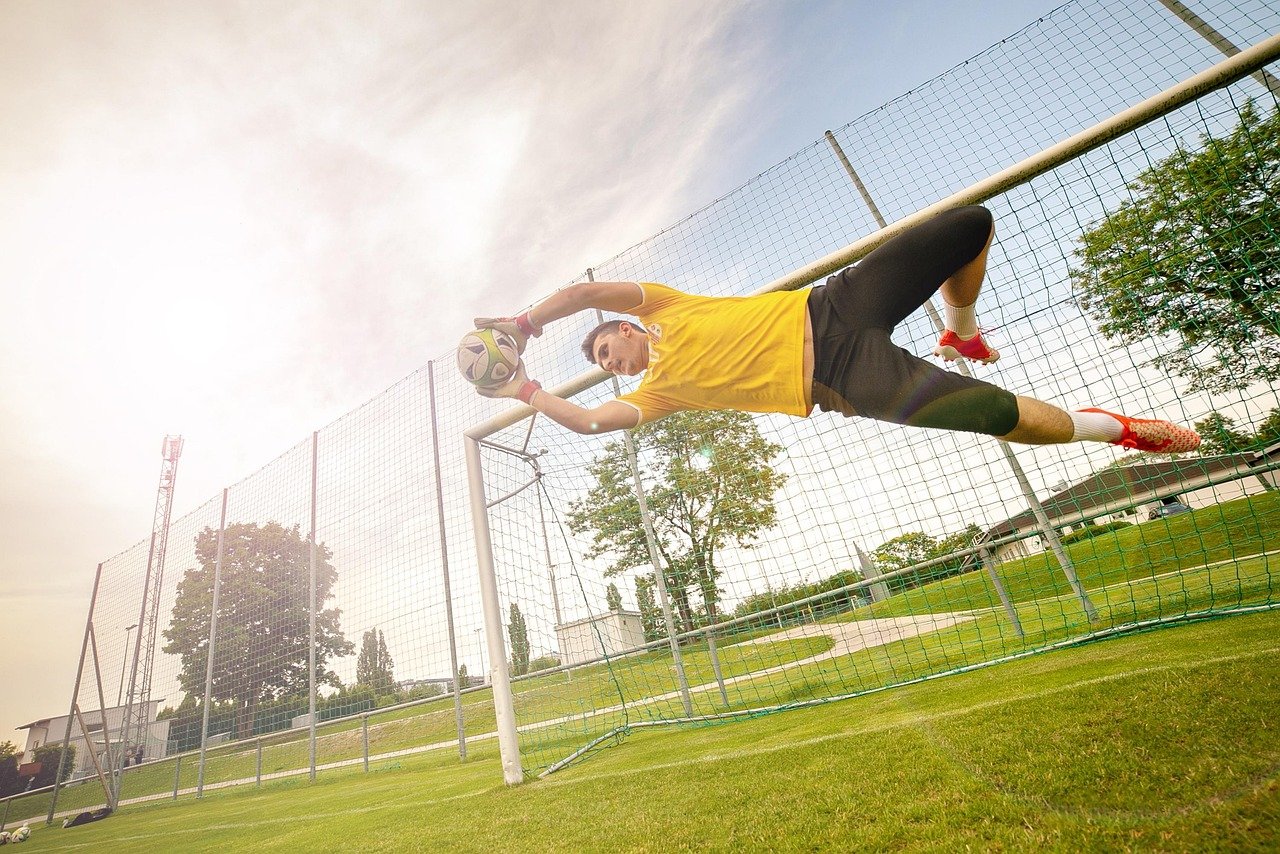Program Dukungan PSSI Yogyakarta: Strategi Pengembangan Sepak Bola Daerah
Yogyakarta, a city known for its rich cultural heritage and vibrant community, has recently ramped up its efforts in developing local football through the Program Dukungan PSSI Yogyakarta. This initiative is aimed at bolstering grassroots football, nurturing young talents, and enhancing the overall quality of the sport in the region. Let’s delve into the strategies adopted under this program and how they are set to transform the landscape of football in Yogyakarta.
1. Grassroots Development Initiatives
One of the foundational elements of the Program Dukungan PSSI Yogyakarta is its emphasis on grassroots development. This initiative focuses on introducing football to younger demographics, including children aged 6 to 15 years. The program operates through:
-
School Collaborations: PSSI Yogyakarta collaborates with local schools to integrate football training into their physical education curriculum. This not only promotes physical health but also instills teamwork and discipline among students.
-
Football Academies: Establishing football academies throughout Yogyakarta allows for structured training, mentorship, and access to quality coaching. These academies serve as nurturing grounds for young talents, providing them with professional coaching and competitive opportunities.
2. Coaching and Referee Development
In tandem with player development, the program emphasizes enhancing the skills of coaches and referees. High-quality coaching is crucial for the success of any football initiative and is achieved through:
-
Coaching Clinics: PSSI Yogyakarta frequently organizes coaching clinics and workshops led by experienced educators and former professional players. These clinics focus on modern football tactics, training methodologies, and player management skills, ensuring coaches are well-equipped to develop their teams.
-
Referee Training Programs: To maintain fair play and uphold the spirit of the game, specific training programs for referees have been instituted. These sessions cover the rules of the game, decision-making processes, and conflict resolution techniques to ensure that matches are officiated correctly and fairly.
3. Talent Scouting and Identification
An essential aspect of the Program Dukungan PSSI Yogyakarta is its commitment to scouting and identifying promising talents early on. This strategy involves:
-
Talent Identification Camps: Regularly held camps allow young players to showcase their skills in front of talent scouts. These camps are strategically organized in various districts to ensure inclusivity and reach.
-
Collaboration with Local Clubs: By establishing partnerships with amateur and semi-professional clubs, the program creates pathways for talented players to transition into more competitive environments. These clubs often serve as incubators that prepare players for top-tier leagues.
4. Competitive Exposure and League Formation
Creating opportunities for competitive play is vital for developing youth talent and enhancing their skills. The program aims to provide:
-
Youth Leagues: Establishing structured youth leagues across different age categories ensures that young players have platforms to compete regularly. These leagues are designed to provide competitive and developmental experiences, which are crucial for honing skills.
-
Tournaments and Competitions: The organization of local tournaments and friendly matches among schools and clubs offers players exposure to real-match scenarios and pressures, aiding in their overall growth and preparation for higher levels of competition.
5. Community Engagement and Support
Engaging the community plays a pivotal role in the success of any sports initiative. The program emphasizes:
-
Community Involvement: Encouraging local communities to participate in football activities strengthens the connection between clubs and the populace. Volunteer programs, family days, and community matches foster a love for the sport and increase local support.
-
Sponsorship and Partnerships: Building partnerships with local businesses and sponsors is vital for sustainable funding. Through strategic collaborations, the program aims not only to secure financial support but also to create a stronger football culture.
6. Infrastructure Development
A major component of enhancing football in Yogyakarta lies in improving facilities and infrastructure. This includes:
-
Pitch Development: The program prioritizes the development of high-quality playing fields across neighborhoods. Investments in durable and safe pitches contribute to a conducive training environment.
-
Training Facilities: Establishing dedicated training centers equipped with modern amenities and training tools can significantly uplift the standard of training, allowing players to benefit from specialized resources and coaching.
7. Promotion of Women’s Football
Recognizing the importance of inclusivity, the program is actively promoting women’s football. This strategy involves:
-
Women’s Leagues and Tournaments: Establishing leagues specifically for women encourages more female participation in football. Tournaments and competitions are organized to highlight women’s football talent and promote gender equality in sports.
-
Girl’s Coaching Camps: Special coaching camps aimed at young girls create spaces for them to learn and grow within the sport, promoting a supportive and encouraging environment for aspiring female athletes.
8. Health and Wellness Focus
Football’s impact on physical health is well-documented, and the program emphasizes this aspect through:
-
Health Workshops: Educational workshops on nutrition, fitness, and injury prevention will be hosted for players and coaches, ensuring everyone involved understands the importance of health and well-being in the context of sports.
-
Mental Health Support: Providing mental health resources and support for players, especially young athletes, is essential. Strategies will include access to sports psychologists and mentorship programs to help athletes cope with the pressures of competition.
9. Leveraging Technology
The integration of technology into training and talent management is key to modernizing football in Yogyakarta:
-
Performance Tracking Tools: Utilizing technology for tracking players’ performance during training and matches helps in understanding their strengths and areas for improvement. Data analytics can provide insights that shape training methodologies.
-
Online Platforms for Training and Engagement: Creating online forums and applications for players and coaches to share knowledge, techniques, and experiences fosters a collaborative environment for continuous learning and growth.
10. Long-term Vision and Sustainability
A successful football program requires a long-term vision which the Program Dukungan PSSI Yogyakarta possesses. Key aspects of sustainable development include:
-
Regular Assessment and Feedback: Implementing a system for regular evaluation of all programs allows for adjustments and improvements to be made based on findings, ensuring initiatives meet the evolving needs of players and the community.
-
Engagement with Stakeholders: Continuous engagement with local governments, financial sponsors, and educational institutions is essential for sustaining resources and maintaining momentum in development efforts.
With its multifaceted approach, the Program Dukungan PSSI Yogyakarta stands as a comprehensive initiative aimed at transforming the region’s football landscape. By prioritizing grassroots development, infrastructure enhancement, and community engagement, it paves the way for a robust football culture that can rival the best in the nation. The strategies outlined within this program are set not only to uplift the sport but also to foster community spirit and youth development in Yogyakarta.








